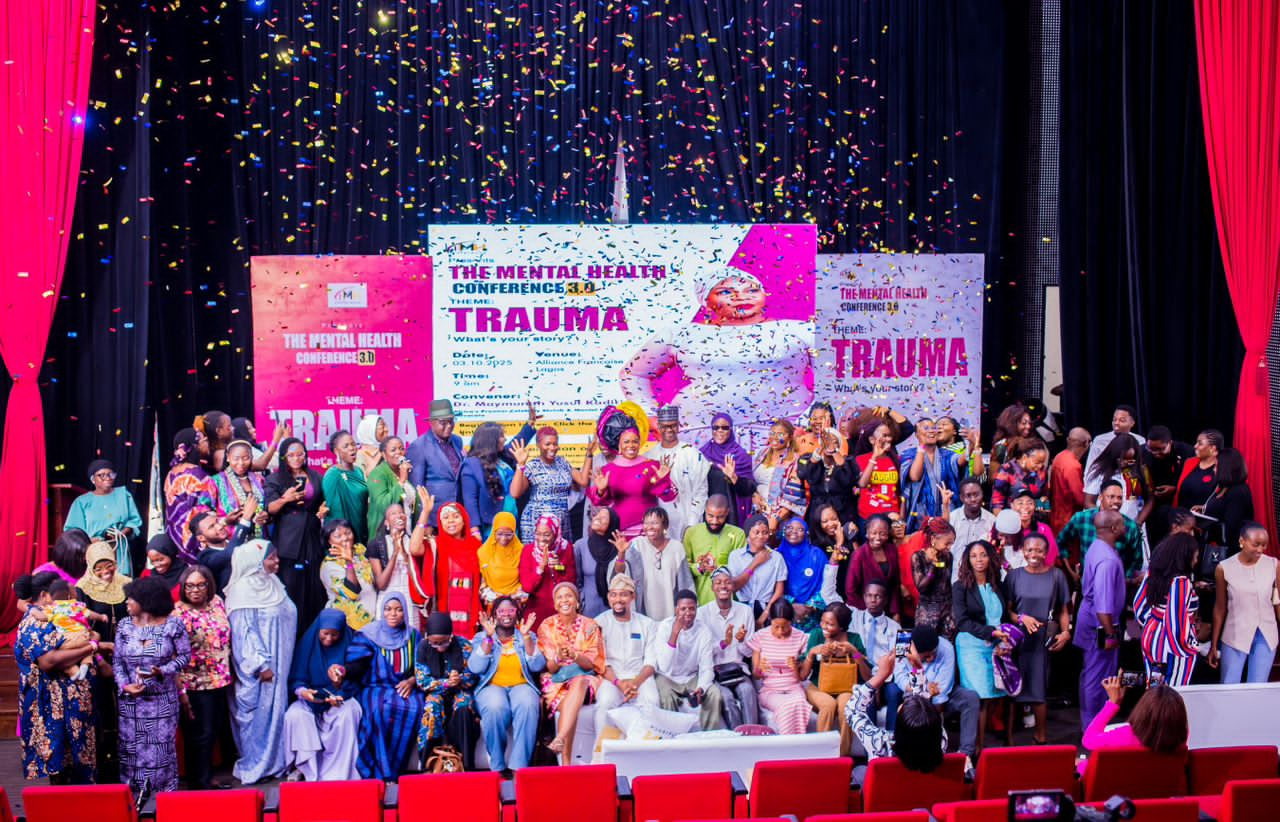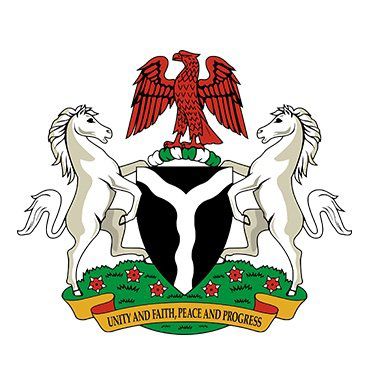Healing Revolution: Dr. Maymunah Kadiri Leads TMHC 3.0 in Redefining Trauma, Mental Wellness

Lagos, Nigeria — The third edition of The Mental Health Conference (TMHC 3.0) unfolded at Alliance Française, Ikoyi, as more than an event — it became a movement of healing, remembrance, and truth-telling. Spearheaded by Dr. Maymunah Yusuf Kadiri, fondly known as The Celebrity Shrink, the 2025 conference gathered thought leaders from medicine, law, business, media, and the arts under the theme “Trauma: What’s Your Story?” and the subtheme “Prioritising Mental Health in the Workplace.”
With poise and depth, Dr. Kadiri opened the conference not with statistics, but with soul. “We are here,” she declared, “to turn our pain into power, our silence into story, and our stories into light.” Her message resonated deeply: healing is not a destination — it is a revolution. She urged participants to see trauma not as a tomb, but as soil — fertile ground where new life can take root.
Tracing the evolution of TMHC from “Unveiling the Mind Behind the Mask” to “Identity: Who Are You?”, Dr. Kadiri described this year’s focus as “a deeper excavation into the unlit rooms of the self,” reminding the audience that “Trauma is not just what happened to you — it’s what keeps happening inside you long after the world thinks you should be fine.”
Representing the Honourable Minister of State for Health, Dr. Iziaq Adekunle Salako, Dr. Olugbenga Owoeye, Medical Director and Consultant Neuropsychiatrist, presented a keynote titled “National Roadmap for Trauma Care and Mental Health Inclusion.” He announced the federal government’s plans for National Trauma Centres and state-level psychosocial intervention units, affirming: “We are putting systems in place to ensure trauma care and mental health inclusion become national priorities.”
Olumide Akpata, former President of the Nigerian Bar Association, delivered a compelling second keynote, linking trauma to justice and social dysfunction. He argued that systemic failures — insecurity, corruption, unemployment — compound psychological harm, and called for restorative justice models to replace punitive systems. Applauding the government’s plan to decriminalise suicide by December 2025, Akpata stressed: “True justice must be restorative, not merely punitive. A nation is only as successful as the collective mental wellness of its citizens.”
From lived experience to clinical insight, other speakers enriched the day with powerful reflections. Mr. Wale Ajiboye, Chief Curator of 16Stories, urged participants to “reconsider the meaning of their scars,” noting that “sometimes our traumas are actually calling us to greatness.”
Ms. Stephanie Busari of SBB Media shared a raw account of navigating grief amid professional demands, revealing how she once tried to “outrun pain by staying busy.” Her takeaway: “Grief doesn’t wait for permission, and trauma doesn’t check your schedule. We can let pain destroy us, or let it make us more human.”
Dr. Olasimbo Davidson led a reflective session on Adverse Childhood Experiences (ACEs), highlighting awareness as the first step toward healing: “You can’t heal what you’re not even aware of.”
READ ALSO: Lagos Unveils Institute of Disaster Management
Senate Moves to Amend Passport Act to Restore Nigeria’s Global Image
Two dynamic panel discussions anchored the conference’s practical insights. The first — featuring Dr. Babi Awosika, Dr. Sylvanus Jatto, and Prof. Rosemary Ogu, moderated by Mrs. Adeola Kingsley James — explored Mental Health at the Heart of Work and Society. The experts called for trauma-informed workplace policies, Employee Assistance Programs, and systemic inclusion of psychological safety in organisational culture.
The second panel — with Mrs. Temi Dalley, Mr. Foluso Ogunwale, Mrs. Oghenetega Gbadagri, and Mrs. Josephine Ehimen, moderated by Mrs. Saudat Salami — examined The Wellness Equation: Mind, Body, Medicine & Finance. They connected mental wellbeing to physical health and financial security, emphasising that financial





